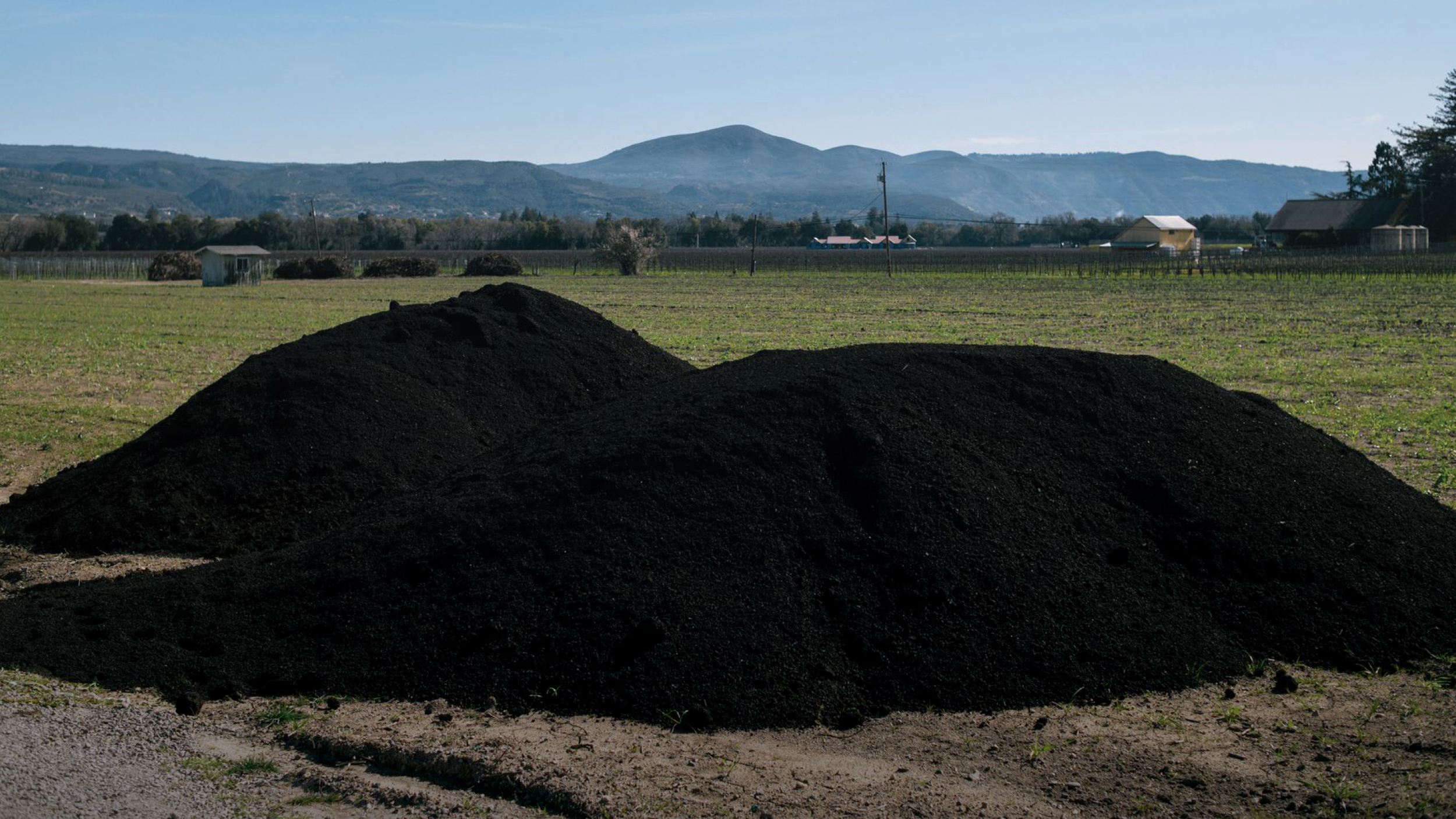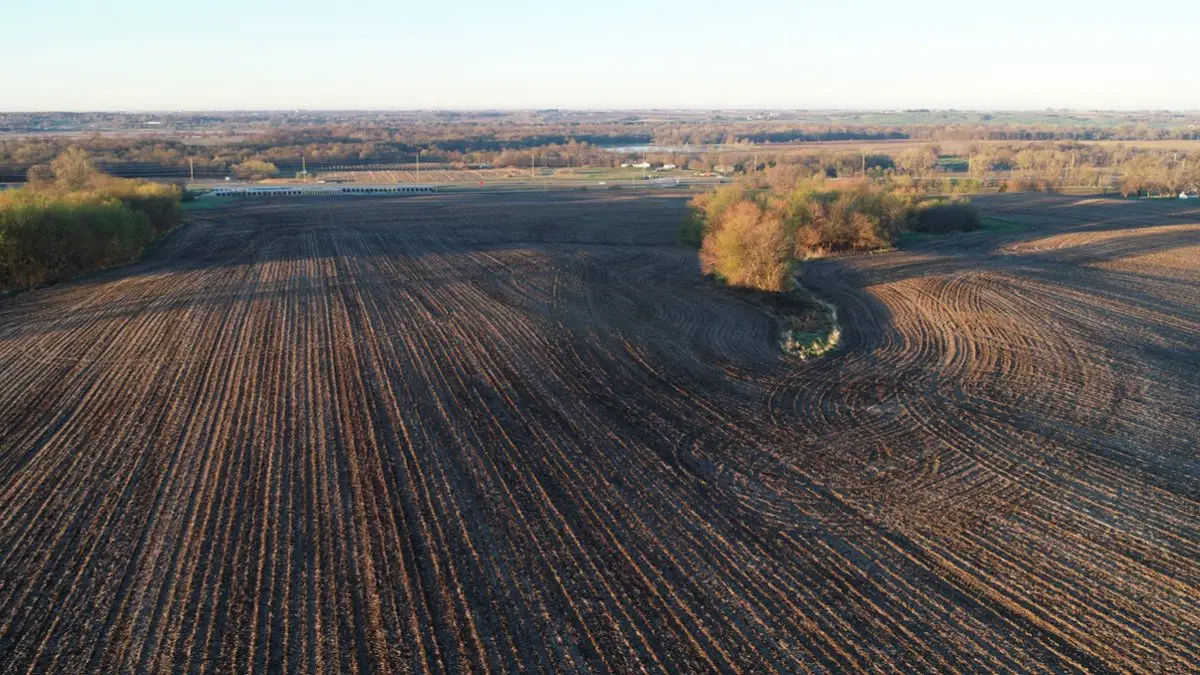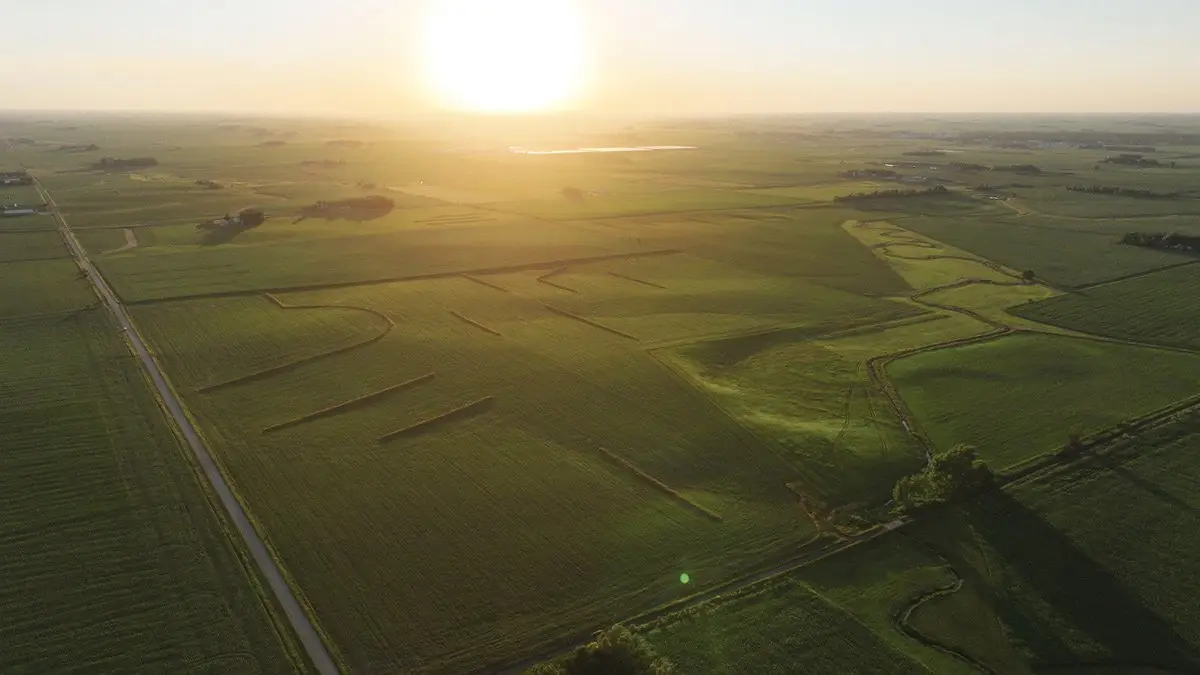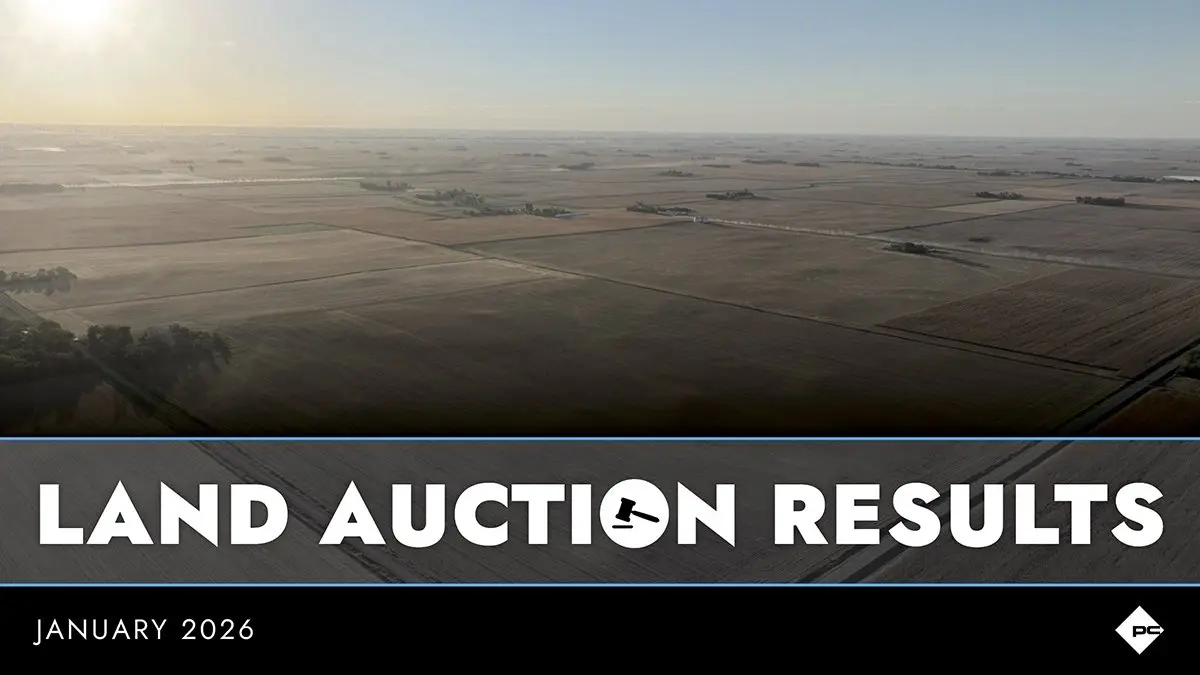
Photo Credit: Alexandra Hootnick for The Wall Street Journal
Chicago Fed: 2022 Farmland Values Saw Annual Increase of 12 Percent
The Federal Reserve Bank of Chicago’s quarterly AgLetter, David Oppedahl explained that, “In 2022, the District saw a strong annual increase of 12 percent in its farmland values.
“Although this result may seem like a letdown after the even larger increase in 2021, 2022’s annual gain was the second largest in the past ten years. In the final quarter of 2022, Illinois, Indiana, Iowa, and Wisconsin still had double-digit year-over-year increases in their agricultural land values, but Indiana was the only District state to have an increase that was larger than in the fourth quarter of 2021.
On the whole, the District’s farmland values were unchanged in the fourth quarter of 2022 from the third quarter, ending a string of eight consecutive quarterly increases.
The AgLetter stated that, “Adjusted for inflation by the Personal Consumption Expenditures Price Index (PCEPI), District farmland values experienced an annual increase of around 5 percent in 2022—the second-largest real increase of the past ten years. Read More
Montana Senator Wants to Ban Chinese Ownership of U.S. Farmland. The Alleged Spy Balloon That Floated Over the State is Giving His Plan New Life
Senator Jon Tester (D-Mont.) is doubling down on his proposal to restrict foreign ownership of U.S. farmland, tying his decision to the alleged Chinese spy balloon that passed over his state last week.
“People ought to be able to sell who they want to sell to, but not in this particular case, because China wants to do bad things to us,” Tester said on CBS’s Face the Nation on Sunday.
Testor suggested that the ban would extend to Chinese private companies, saying “they’re all connected with the Communist Chinese government anyway.”
On Jan. 31, Tester and Senator Mike Rounds (R-S.D.) introduced a bill that would include the Secretary of Agriculture on the Committee on Foreign Investment in the United States (CFIUS), which examines the national security implications of potential foreign investments in the U.S.
“This is a ban against China, Russia, North Korea, and Iran, folks who don’t want to see us exist anymore as a nation,” Testor said on Sunday. “I don’t think they should have any opportunity to try to dictate our food supply.” Read More
Ancient Farming Practice Draws Cash From Carbon Credits
Forget whiz-bang technologies that are supposed to solve climate change. An ancient agricultural practice that removes carbon from the atmosphere is getting fresh attention and game-changing cash from big companies.
Biochar is a black substance similar to charcoal that when buried underground sequesters carbon dioxide, the primary greenhouse gas that causes climate change. It has long been used to improve soil. Now it has suddenly become a lucrative business thanks to carbon credits that companies use to offset their own emissions.
Among the buyers are JPMorgan Chase & Co. and Microsoft Corp. They are attracted to a process that actually removes carbon from the atmosphere and buries it underground, rather than many credits whose impact on emissions isn’t clear.
Nearly all of the roughly 65,000 metric tons of carbon dioxide that have been removed from the atmosphere to date have been sequestered using biochar, according to estimates from data provider CDR.fyi.
There isn’t much money to be made selling biochar to improve soil. Carbon credits changed that. “When the only potential revenue was through biochar sales, there just really wasn’t much there,” said Josiah Hunt, chief executive of Pacific Biochar Benefit Corp., a California startup that works with biomass power plants to produce biochar, then sells it to farmers.
Carbon-credit sales now generate millions of dollars for some biochar businesses. “The carbon credits and society’s decision to act on climate change make this a real business,” Mr. Hunt said. Read More
What Vivek Ramaswamy Told Farmland Owners Before Announcing Presidential Run
A month before announcing his candidacy for President of the United States, Vivek Ramaswamy addressed a ballroom full of farmers and land investors at the 2023 Land Investment Expo hosted by Peoples Company in Des Moines, Iowa.
From the stage, Ramaswamy, co-founder of Strive Asset Management, professed his anti-ESG (environmental, social, and corporate governance) beliefs. Investopedia explains ESG investing as “a set of standards for a company’s behavior used by socially conscious investors to screen potential investments.” During his keynote, Ramaswamy detailed his ideas for America’s capital markets.
Two existential threats face the country, he said. First, “the rise of a Chinese communist party, who unlike the USSR, supplies the phone in our pocket and the shoes on our feet,” Ramaswamy said.
The second challenge concerning the Ohio entrepreneur is the rise of a hybrid of government and corporate power that is stronger than big government alone. Ramaswamy called this a “cultural cancer” that threatens to kill the dream Martin Luther King had 60 years ago.
Ramaswamy continued, summarizing shifts in the American economy since the 2008 financial crisis and detailing the birth of “woke capitalism.” This 15 year old evolution is “how you get Coca-Cola issuing new statements about a voting law in Georgia that make it sound more like a super PAC than a soft drink manufacturer, or you get any number of other companies weighing in on social controversies,” he said. Read More
Aggies Join 24-State Lawsuit vs. WOTUS
Twenty-four states sued the Biden administration on the new waters of the U.S. rule last week, and now the American Farm Bureau Federation and other ag groups have joined in the fight.
In a joint lawsuit filed in the U.S. District Court for the District of North Dakota, the states argue the EPA and the U.S. Army Corps of Engineers have overstepped their legal authority by expanding control of waters already regulated by the states.
The states asked the court to vacate and set aside the final rule and to send it back to the agencies to "issue a rule that complies with the Constitution." The states argue the rule violates the Administrative Procedure Act.
"The final rule is riddled with problems," the states said in their lawsuit. Read More








